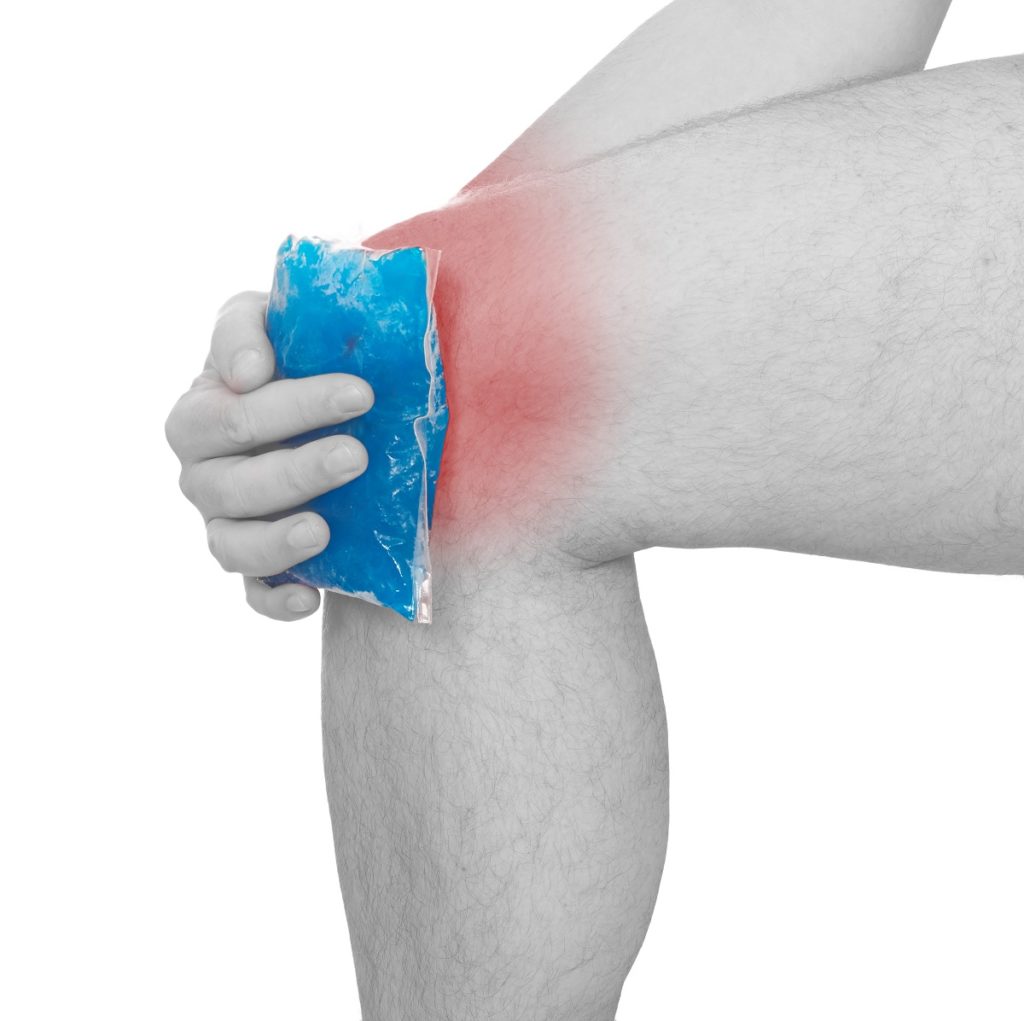- Feeling your car shake while driving can be alarming and a sign of an issue.
- Minor shakes should not be ignored as they can escalate into more serious problems.
- Common causes of car shaking include imbalanced or damaged tires, brake system complications, and engine/alignment troubles.
- Professional diagnosis is important for accurately identifying the root cause of the issue.
- Regular maintenance checks are crucial in preventing future shakes and maintaining car health.
Feeling your car shake while driving can be alarming, and it’s a sensation that signals something is amiss. Whether it’s a slight wobble or a more noticeable shake, understanding the root cause is crucial.
This issue should not be overlooked, as it affects your driving experience and could point to potential safety concerns. This post will explore the common reasons behind this unnerving experience and emphasize the importance of professional intervention to safeguard your vehicle’s performance and journey.
Understanding the Severity of the Shake
The intensity of the shake can often give you a hint about its potential source. Sometimes, drivers might experience minor shakes that are easy to ignore, mainly intermittently. However, even these slight disturbances can be early warnings of underlying issues that might escalate if left unattended.
Minor shakes and their deceptive risks
Minor shakes, though often downplayed, can be deceptive. They might not seem worth your attention initially, but they can escalate into more severe problems that are costlier to repair.
For instance, a slight wobble at high speeds might indicate a tire balance issue, which, over time, can cause excessive wear and tear on your tires and suspension system. Addressing these shakes early could save you a trip to the auto repair shop for more extensive and expensive repairs down the line.
The key lies in not dismissing these signs, no matter how insignificant they seem. Early diagnosis is cost-effective and proactive in car maintenance, ensuring safety and a smooth driving experience.
Common Causes of Your Car Shaking

When your car starts shaking, it’s easy to imagine the worst, but several common issues could be the culprits. Cars are complex machines, and a shaking car means some parts aren’t working as smoothly as they should. Let’s break down these issues to understand better what might be happening when your car decides to give you a shaky ride.
Imbalanced or Damaged Tires
One of the primary suspects when your car shakes, especially at high speeds, is tire problems. Tires might lose balance over time due to wear and tear or even a loss of wheel weights. This imbalance is often felt through a vibration in the steering wheel and can typically be corrected with a simple tire balancing service. Additionally, tires with uneven wear or damage, like bulges or bald spots, can also cause the car to shake, indicating the need for a tire replacement.
Brake System Complications
If you notice the shaking intensifies when you apply the brakes, this could point to an issue within your braking system. Problems with brake rotors, pads, or calipers can lead to vibrations felt in the brake pedal or even the entire vehicle.
For instance, warped rotors or worn brake pads prevent the brake system from functioning smoothly, resulting in a shaky stop. These issues should be addressed promptly to maintain optimal stopping power and ensure safety on the road.
Engine and Alignment Troubles
The engine is the heart of your car, and its performance is crucial for a smooth drive. A shaking vehicle could signify engine trouble, such as air or fuel intake issues, spark plugs, or fuel lines. These complications can cause the engine to misfire or operate inefficiently, leading to noticeable vibrations.
The Role of Professional Diagnosis and Repair

While understanding the potential reasons behind your car’s shaking is essential, identifying the exact cause often requires a professional touch. This is where the expertise of an auto repair shop becomes invaluable.
Equipped with specialized tools and in-depth knowledge, skilled mechanics can accurately diagnose the root cause of the issue. Whether it’s a tire imbalance, a brake system complication, or engine troubles, a professional assessment ensures that the problem is identified and rectified according to industry standards.
Preventing Future Shakes and Maintaining Car Health
Prevention, as they say, is better than cure. Regular maintenance checks are critical for preventing future issues with your vehicle, including shakes and wobbles. By adhering to your car’s maintenance schedule, technicians can spot and address problems before they escalate.
This includes routine tire rotations and balancing, alignment checks, brake inspections, and engine assessments. These regular checks maintain the health of your car, potentially saving you money in the long run and ensuring a smoother, safer drive.
Wrapping Up
Experiencing your car shaking while driving is a sign that should never be ignored. From the tires on the road to the engine’s intricate workings, several factors could trigger this problem. Remember, understanding your car’s needs and ensuring it receives professional care is paramount in guaranteeing your safety on the road and the longevity of your vehicle. So, next time your car starts shaking, know it’s your vehicle’s way of asking for extra attention and care.




